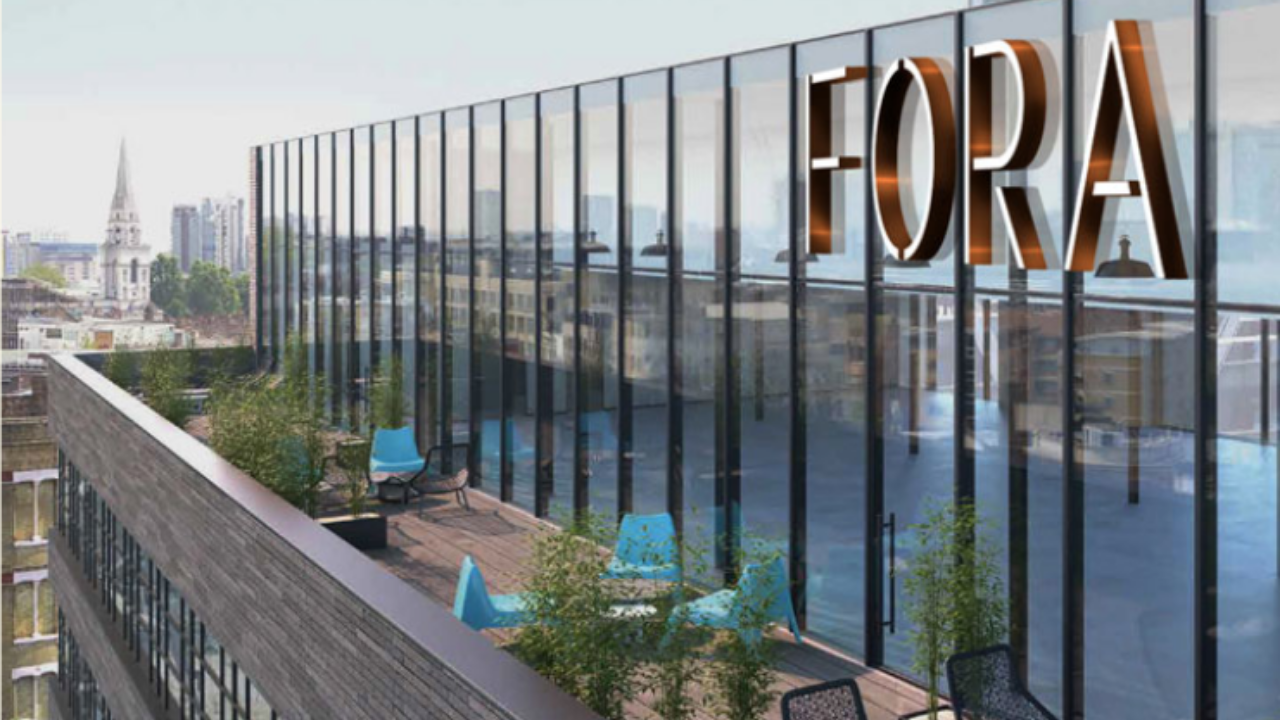Companies have begun navigating how they want to welcome employees back into the office, and with that will need to be an understanding of the importance of workplace flexibility.
A survey from Office Space in Town found that only 5% of workers want to work remotely full-time as this arrangement has been tied to poor mental health, burnout and loneliness.
“Despite many hailing the pandemic as the death of the office, I believe we’re seeing its evolution from a rigid concept to one of fluidity,” said Olly Olsen, co-founder and co-chief executive of The Office Group. “More than 40% of our inquiries during lockdown have come from companies that are currently in traditional offices, which just aren’t set up to offer the space density or layout required to meet safety measures and create a comfortable work setting in this new era.”
This is an ongoing trend with several flexible office firms, such as Fora’s CEO Enrico Sanna, who explained that opening a headquarters at 10% capacity is unreasonable from an economic standpoint. Instead, companies will be looking into adopting satellite offices that not only cut costs, but also alleviate potential spread of the virus.
Flexible offices will provide companies with the chance to become more agile as many attempt to recover from financial and business losses they have suffered over the past few months. Adopting these types of workspaces makes adapting to a healthy, distanced work environment much easier, and allows companies to focus on their growth strategy moving forward.

 Dr. Gleb Tsipursky – The Office Whisperer
Dr. Gleb Tsipursky – The Office Whisperer Cat Johnson – Coworking Marketing Maven
Cat Johnson – Coworking Marketing Maven Angela Howard – Culture Expert
Angela Howard – Culture Expert Drew Jones – Design & Innovation
Drew Jones – Design & Innovation Andrea Pirrotti-Dranchak – Competitive Advantage
Andrea Pirrotti-Dranchak – Competitive Advantage Jonathan Price – CRE & Flex Expert
Jonathan Price – CRE & Flex Expert Jeremy Fennema – Tech Innovation Alchemist
Jeremy Fennema – Tech Innovation Alchemist







